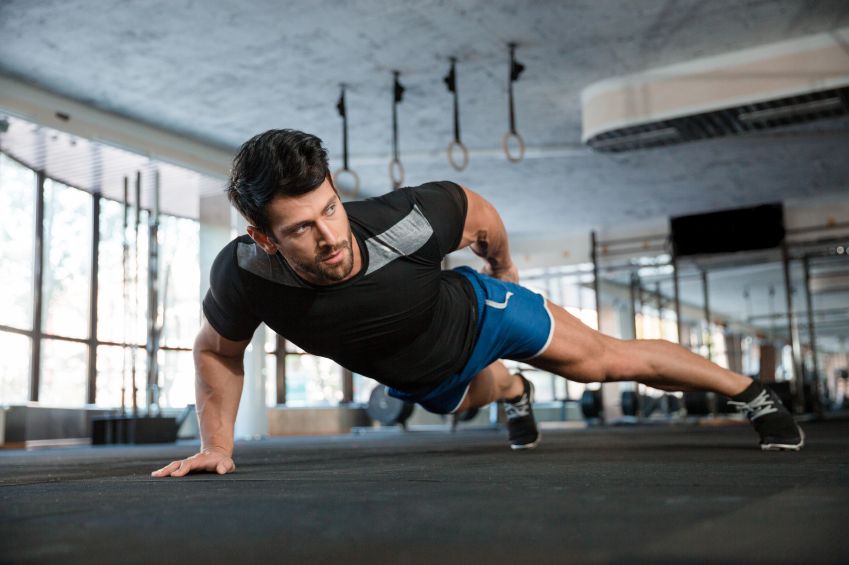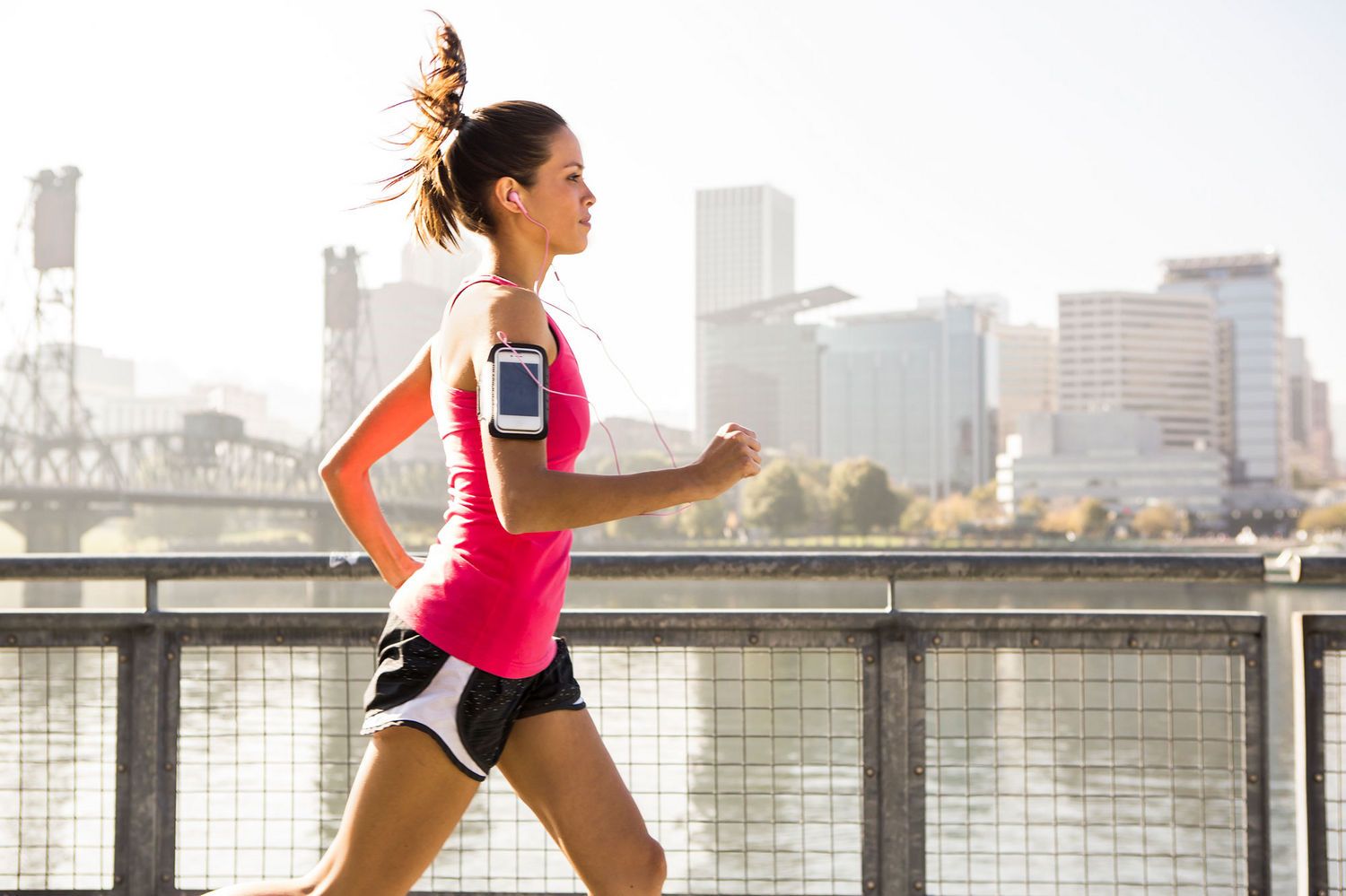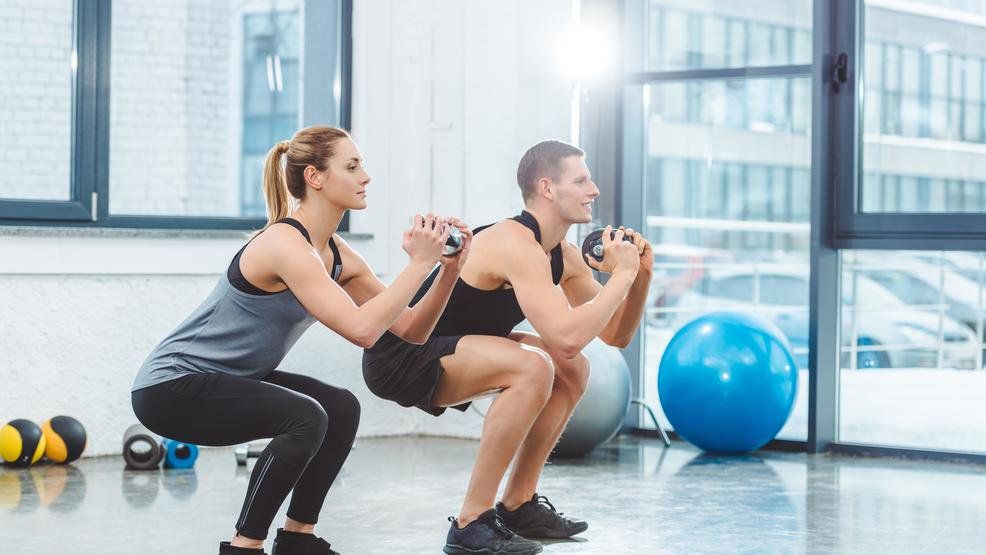You may be surprised by the answers you get when you ask about doing cardio on an empty stomach…
There are two types of people doing sports:
- Those who eat something before working out.
- Those who work out on an empty stomach.
So, which one is right?
Does Cardio Burn More Fat on an Empty Stomach?
In short, yes. Some research shows that exercising on an empty stomach burns 20% more fat. The fuel your body burns in order to produce energy depends on many factors. Whether you ate something before your exercise or not is a big contributor. Your body tends to use the foods you ate recently first. If you haven't eaten anything recently, your body will not be able to find its primary fuel and it will turn to its own stock, using it as the fuel it needs for the workout.

However, this also depends on your exercise program. The more simple the exercise, the more fat you burn during the exercise. For example, if you take a light-paced walk for 30 minutes at a constant speed, you will burn about 200 calories. If you do it on an empty stomach, your energy production levels will be lower, it will be easier to burn fat, and you will burn more fat.
On the other hand, if you are going to have a high performance running training, your body will burn carbohydrates rather than fat. If you do intense exercise, your body cannot use fats fast enough; it will burn some fat and some carbohydrates. You should not conclude that slow and steady training is more advantageous based on this. With slow-paced exercise, you burn fat during the training, predominantly. With intense interval training programs, you trigger your metabolism and maintain fat burning even after the training.

What If You Have No Energy to Working Out on an Empty Stomach?
Doing cardio before breakfast can certainly be useful, but if you really feel you don't have any energy to start exercising, it is a bit pointless. There are some energy stores in your muscles and fat stores in your body for exercise. Your liver provides glucose for your body, which you don't need or use until you run out the glycogen stores in your muscles. Depending on what you ate the day before and how intensely you exercise, your body does not need the support of your liver glycogen stores for approximately 1-1.5 hours.
In other words, you do not have any obstacles to exercising on an empty stomach for up to 1 hour. If you are going to do intense training or exceed 1 hour, it is important to replenish your energy stocks (with an energy bar or gel, for example). You should never forget that post-training nutrition is the most important thing for your muscles. Doing exercise on an empty stomach prepares your body for the nutrients you will consume after the exercise. Your body absorbs proteins better and determines where they will be used. Carbohydrates and proteins reach your muscles and feed them, instead of being stored as fat.

When Working Out on an Empty Stomach Will Be a Problem?
If your health is generally in good condition, you will not have many disadvantages when doing cardio on an empty stomach. However, those who are on a low-calorie diet may face some difficulties. The reason behind this is that there is not enough fuel available in the liver. Since they cannot regenerate glycogen storages efficiently, they may also encounter some problems in recovery between workouts. It should be underlined that this is not a serious threat to health. Your body will give you signals when you reach your limits and it is the time for you to stop. Your appetite may also be affected after the training. A study shows that runners who spend 1 hour on the treadmill without eating anything felt more hungry after training.

A Matter of Personal Preferences
The matter of exercising on an empty stomach begins and ends in the mind. If you think that you will not have enough energy and pass out when exercising on an empty stomach and feel the need to eat something, then eat something. This is a "mind over matter" subject, as well… If you think you can do it, then you can.














